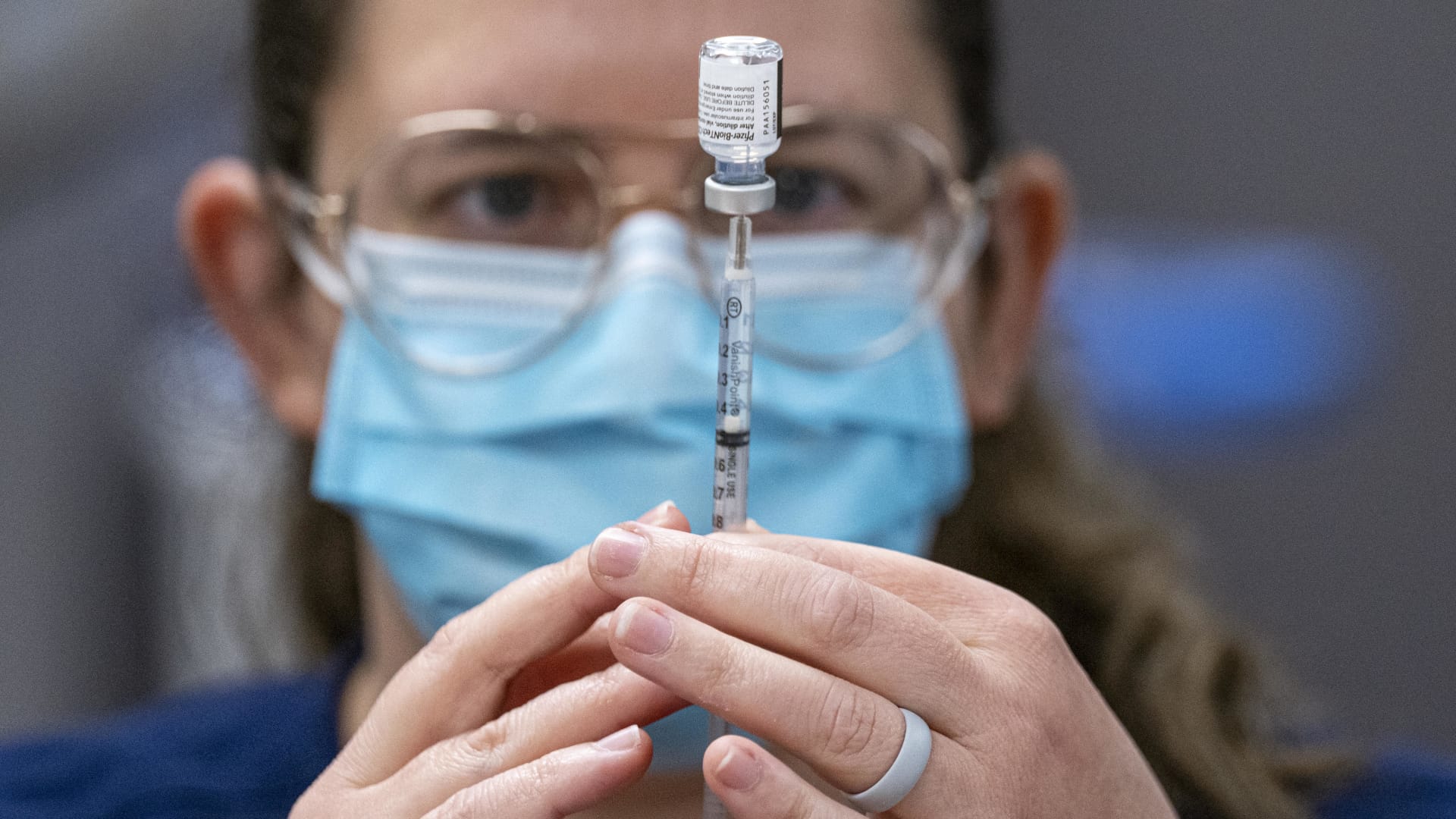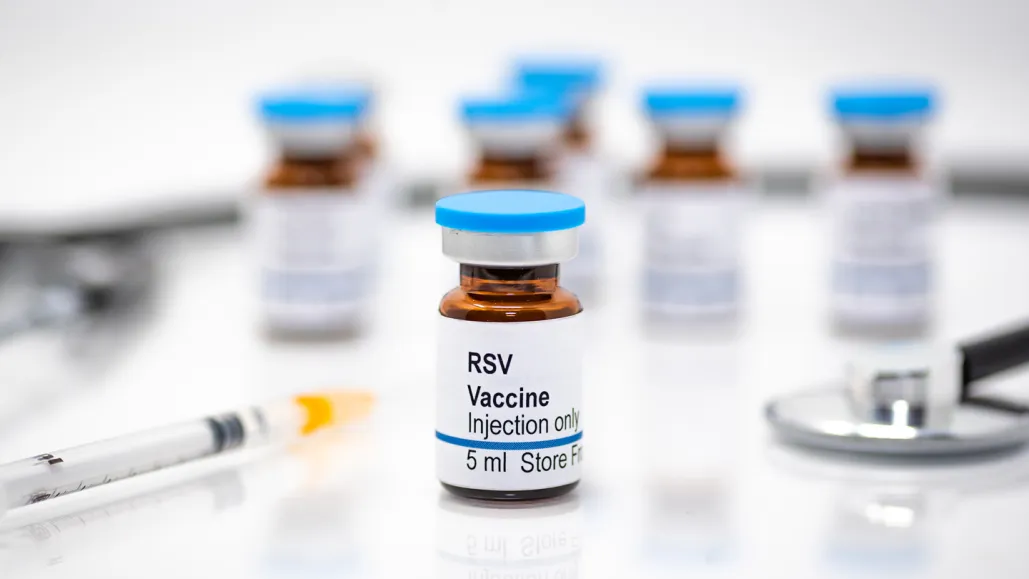Pfizer’s vaccine designed to protect infants from respiratory syncytial virus (RSV) could be granted approval by the Food and Drug Administration (FDA) by the end of this summer.
On Tuesday, Pfizer announced that the FDA is conducting an expedited review of the vaccine. A decision on whether to authorize the vaccine is expected in August, just before the start of the respiratory virus season.
This single-dose vaccine is administered to expectant mothers in the late second to third trimester of pregnancy.
The antibodies produced by the vaccine are transferred to the fetus, providing protection against RSV from birth through the first six months of life, a period when infants are particularly vulnerable.
According to Pfizer’s clinical trial data, the vaccine demonstrated 82% effectiveness in preventing severe RSV disease in newborns during the first 90 days of life. Its efficacy remained at about 70% during the first six months of the baby’s life.
Currently, there is no vaccine available to protect against RSV, and infants under six months of age are too young to receive most vaccines recommended by the Centers for Disease Control and Prevention (CDC).
RSV is the primary cause of hospitalization for infants in the United States, according to epidemiologists.

Nearly all children contract RSV by the age of two, typically experiencing a mild illness similar to a cold. However, infants are at higher risk of developing severe disease.
RSV can lead to inflammation of the small airways in the lungs and pneumonia. Infants hospitalized with RSV often require oxygen therapy, intravenous fluids, and sometimes mechanical ventilation to support their breathing.
Symptoms of RSV in infants may include irritability, reduced activity and appetite, and periods of interrupted breathing lasting more than 10 seconds. Fever is not always present with RSV infections.
The incidence of RSV surged last autumn as public adherence to mask-wearing and social distancing measures waned with the easing of the Covid-19 pandemic.
Many children did not contract RSV during the pandemic, resulting in reduced immunity when social activities resumed, as noted by CDC officials.
During the peak of RSV cases in November, hospitals struggled to manage the high volume of sick infants and children.
The Children’s Hospital Association described the RSV surge as unprecedented and called on the Biden administration to declare a public health emergency at that time.
